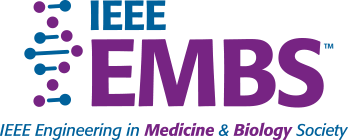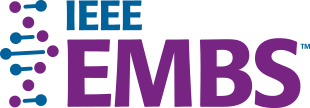Download this announcement (PDF)
The Minnesota Discovery Research InnoVation Economy (MnDRIVE) initiative is a $36 million recurring investment by the state of Minnesota in groundbreaking research at the University of Minnesota. The goals of MnDRIVE are to advance Minnesota’s economy, enhance Minnesota’s competitive advantage, extend Minnesota’s position as a national leader in key industries, and improve the health and quality of life for Minnesota’s citizens. Discoveries and treatments for brain conditions is one of four core areas identified for substantial recurring investment.
MnDRIVE Discoveries and treatments for brain conditions supports the critical core functions of basic and translational neuromodulation research, clinical trials, and workforce development through traineeships in neuromodulation. A consortium of departments that includes Biomedical Engineering, Neurology, Neuroscience, Neurosurgery, Physical Medicine & Rehabilitation, and Psychiatry, seeks to recruit up to eight MnDRIVE Neuromodulation scholars with expertise that may include novel approaches to neuromodulation, the mechanisms of deep brain stimulation, transcranial stimulation and other noninvasive approaches, and optimizing the application of neuromodulation to a spectrum of neurological and psychiatric disorders.
Three successful rounds of hiring were recently completed, resulting in the recruitment of five tenure-track scholars. For the fourth round of hiring, the consortium seeks to recruit scholars with neuromodulation-relevant expertise that includes:
- Novel engineering/biological aspects such as electrode and circuit design, current steering, closed loop control, neural interfacing and modeling.
- Dynamic brain mapping to optimize neuromodulation through identifying individualized biomarkers of disease and mapping responses to neuromodulation
- Neuromodulation for movement disorders, psychiatric conditions, addiction or pain to optimize current therapies in existing patient populations, evaluate implement new approaches and techniques, identify brain targets, or define new patient populations.
- The study of mechanisms underlying the therapeutic effects of neuromodulation in neurological and neuropsychiatric conditions using systems neuroscience, modeling, and/or functional imaging techniques.
Applications will be accepted for tenured/tenure track appointments at the assistant, associate or full professor levels. The key criteria include, but are not limited to, scientific accomplishment, potential impact of future research, the ability to integrate with existing programs and translational initiatives with industry. Successful candidates must demonstrate the capability to establish a vigorous, externally-funded research program, a commitment to medical, graduate or undergraduate education, and to collaborative, transdisciplinary program development.
Candidates will have MD and/or PhD degrees and established programs or experience in neuromodulation. Successful recruits will receive substantial recurring salary support from MnDRIVE, an excellent startup package, and laboratory space. Departmental affiliation will be determined by a combination of the applicant’s research interests and relevance of the applicant’s research program and teaching/clinical interests to departmental mission. For appointments at the assistant professor level, candidates are expected to have relevant doctoral and postdoctoral training and research accomplishments consistent with developing a nationally recognized and independent research program. Associate or full professor appointments require demonstrated independence and research productivity, including a strong track record of major external funding and peer-reviewed publications. Candidates must be U.S. citizens, permanent residents or be eligible to secure permanent residence status. The starting date is negotiable, with appointments available as early as winter, 2016. The University of Minnesota is committed to diversifying its faculty and encourages applications from women and minorities.
Review of applications commences in the fall of 2016 and will continue until the positions are filled. Applicants should send curriculum vitae, statement of research interests and intentions, and three letters of reference to: MnDRIVE: Neuromodulation Faculty Search Committee, Attention: Rosalyn Segal, Medical School Dean’s Office, MMC 293, 420 Delaware Street S.E., Minneapolis, MN 55455. Email: . Electronic versions of the required information should be e-mailed but must be followed with a hard-copy for the official search files. Applications will not be reviewed until ALL materials have been received electronically. Applicants must also complete the online application at http://www1.umn.edu/ohr/employment/index.html,
Job ID = 312520
The University of Minnesota is an equal opportunity educator and employer.





